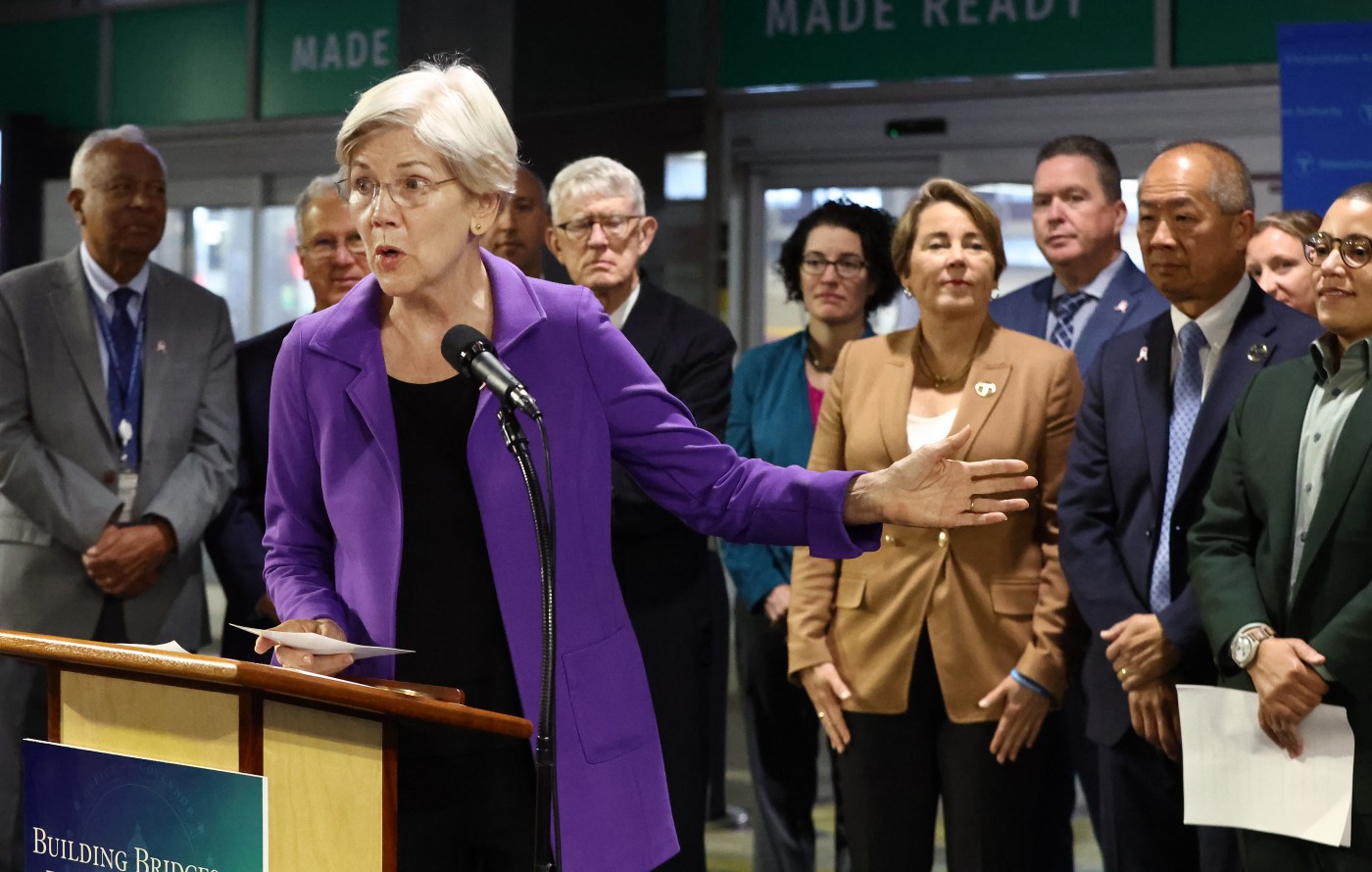
Report: Inflation Reduction Act saves Bay State Medicare enrollees 100s of millions
Ahead of her first debate with her Republican opponent, U.S. Sen. Elizabeth Warren’s office is out with a new report that shows hundreds of millions in savings for Medicare beneficiaries in the Bay State.
According to the report, by next year Medicare cost savings written into the Inflation Reduction Act of 2022 will have saved Massachusetts residents millions.
“Overall, these provisions will allow Medicare enrollees in Massachusetts to save as much as approximately $170 million on prescription drugs in 2025,” the report reads, in part.
The savings is found by allowing Medicare to negotiate drug prices on behalf of Part D enrollees, capping the out-of-pocket costs for insulin and other prescription drugs, covering vaccines with no copay, expanding Medicare’s “Extra Help” program to more low income enrollees, and instituting penalties for drug manufacturers who raise drug prices faster than inflation is growing, according to the report.
Warren’s report also comes just in time for Medicare open enrollment period, which runs from October 15 through December 7 this year, and according to the Senator it’s a good time for enrollees to learn about the recent changes intended to help ease the burden otherwise straining their pocketbooks.
“This new report provides critical information to seniors and others in Massachusetts about how they will save money when selecting a Medicare prescription drug plan for next year,” Warren said.
The changes did not materialize out of thin air, the report and Warren say, but come as a result of “important reforms enacted by President Biden, Vice President Harris, and Senate Democrats.”
“I’ve worked hard to rein in Big Pharma’s price-gouging and lower health care costs through the Inflation Reduction Act, and Medicare enrollees will see significant savings as a result,” Warren said.
According to the report, because of the IRA capping the cost of insulin at $35, about 26,000 Bay State Medicare enrollees taking insulin to help manage their diabetes will see about $500 in savings annually, and some 4,800 will see savings closer to $1,000 annually.
Limiting out of pocket prescription costs for Medicare Part D enrollees at $2,000 annually will drop the average out-of-pocket cost for buying prescribed medication for 83,000 Commonwealth seniors, according to the report.
“In Massachusetts, this will help 83,000 Part D beneficiaries who would have otherwise paid more than $2,000 out-of-pocket for their prescription drugs in 2024. These beneficiaries will save an average of $1,500 each. Some beneficiaries can expect to save even more: next year, nationwide, 12% of all Part D enrollees that hit the new cost cap will save $3,000 or more,” the report reads, in part.
Covering vaccines, the report indicates, will save 97,000 Bay State seniors more than $5 million annually, or about $70 each per year on average.
Anti-price gouging rules that went into effect in 2023, according to the report, meant that “an estimated 820,000 Medicare enrollees have paid less for prescription drugs as a result – including an estimated 17,000 Medicare Part B enrollees in Massachusetts.”
“The penalties have resulted in an estimated $3 billion in savings nationwide for seniors and taxpayers,” the report shows.

